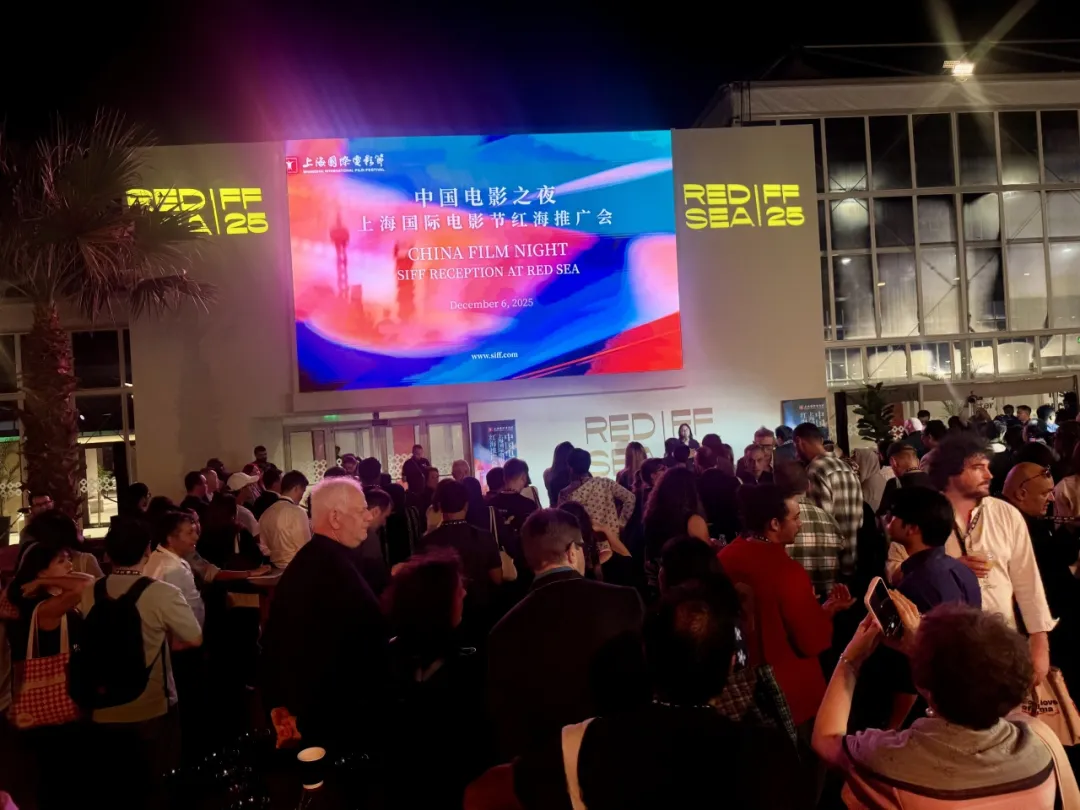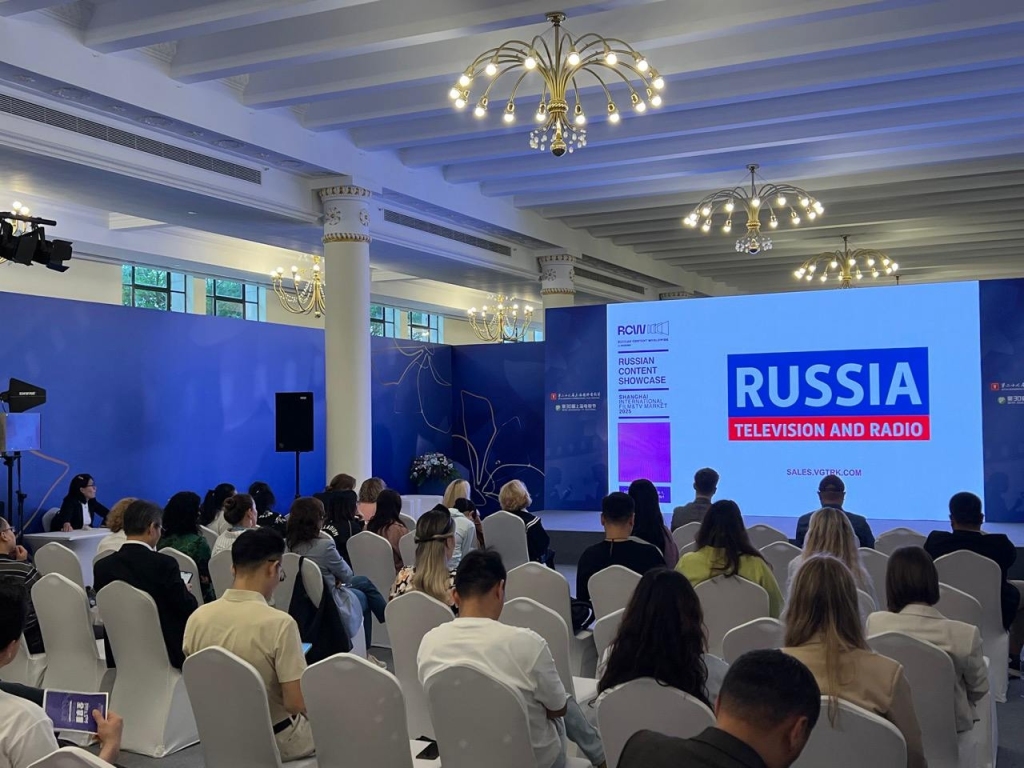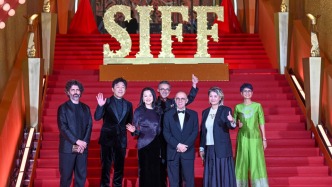

The Shanghai International Film Festival's Golden Goblet Competition has attracted the attention of professionals all over the world every year, and the jury lineup of big names has often become a hot topic. The "Jury Works" unit selects classic masterpieces or latest works of these well-known filmmakers, presenting their light and shadow charm to movie fans on the big screen. The first batch of jury works introduced to you today are from the following: French director Chen Yingxiong, chairman of the Golden Goblet Competition Jury; German director Matthias Glasner, Australian director Love de Heer, Argentine director Santiago Mitre, and Chinese director Song Taijia, who are members of the Golden Goblet Competition Jury.
French hot pot (The Taste of Things, 2023, Tran Anh Hung)
Highlights:
If you can stay awake after spending more than two hours in the cinema, you’re a winner!
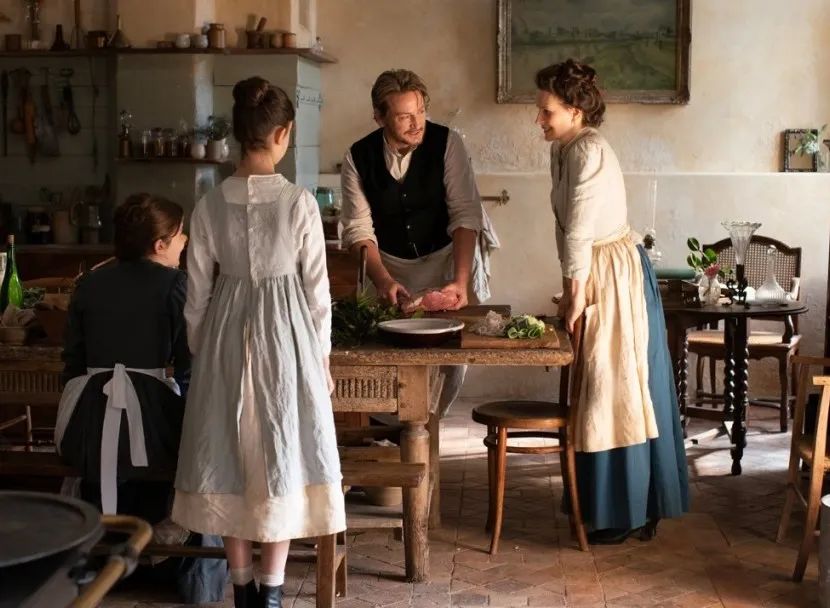
Chen Yingxiong has always wanted to make a movie about food. He said frankly that he wanted to make a food film "about love and art". However, audiences familiar with the director's past films know very well that "food" has nothing to do with Chen Yingxiong. Whether it is his early works "The Taste of Green Papaya", "Tricycle Driver", "The Taste of Summer", or "Norwegian Forest", adapted from Haruki Murakami's novel of the same name, Chen Yingxiong seems to be more inclined to show people's lives and emotions. However, in "French Hot Pot", the dazzling food has become a medium for conveying love. What is the relationship between food and people? What kind of story will there be between gourmets and chefs? What happens when these two roles are exchanged? With the vision of a creator across borders, the attitude of an artistic wanderer, and a pair of loving eyes, Chen Yingxiong has made "French Hot Pot" a world-renowned visual feast. Chen Yingxiong himself also won the Best Director Award at the 2023 Cannes Film Festival for this film.
Eternity (2016, Tran Anh Hung)
Highlights:
When Chen Yingxiong met "Angel Emily"
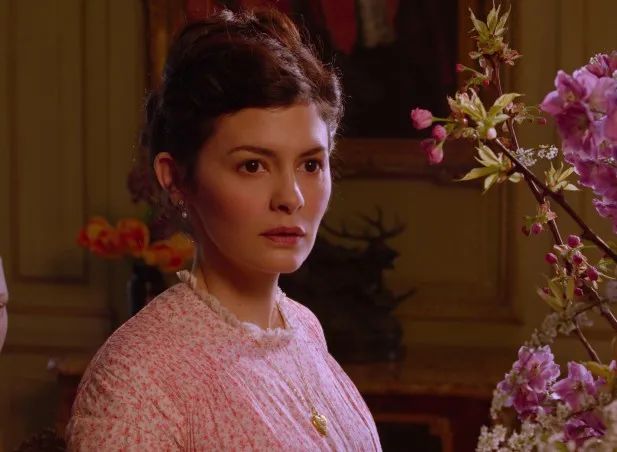
Family changes and women's life experiences are themes that many directors in the history of film have focused on, such as Visconti's "The Leopard" and Stephen Daldry's "The Hours". Chen Yingxiong also poured his understanding of family and love into "Love Is Forever". When he read Alice Fanning's novel "The Gentle Widow", he was deeply attracted by this classical, French, large family story. This film is starred by Audrey Tautou, who once starred in "Amelie", and the photography master Li Pingbin is the director of photography. During the viewing process, you will feel the beautiful composition of classical oil paintings like "Barry Lyndon", and you can also feel the unique camera style in "The Taste of Green Papaya". Chen Yingxiong mobilized all audio-visual elements to tell the audience that no matter how the times change, the love in people's hearts will always remain.
Norwegian Wood (2010, Tran Anh Hung)
Highlights:
Chen Yingxiong poetically interprets Haruki Murakami's classic work

Since its publication in 1987, the novel Norwegian Wood has set off a wave of "Haruki Murakami fever" among young readers in Japan and around the world. Murakami explores topics such as nothingness, death, loneliness and love through a series of love triangles. As the most well-known work in the world, Murakami is naturally very sensitive about the adaptation rights of this novel. Many Japanese and overseas directors have proposed adaptations, but they have not been recognized by him-until he saw Chen Yingxiong's film. Murakami saw the possibility of broadening the unique aesthetics of the original novel in the director's past works, so he gave him the adaptation rights. Whether it is Murakami's decision or the public opinion aroused by the movie among book fans and movie fans, this film has become another focus in Chen Yingxiong's directorial career. This topical work almost brought together the most dazzling stars in Japan at that time, such as Rinko Kikuchi and Kenichi Matsuyama, and once competed for the Golden Lion Award at the 67th Venice Film Festival.
Dying (2024, Matthias Glasner)
Highlights:
A sober and brutal look at death, family, and childhood
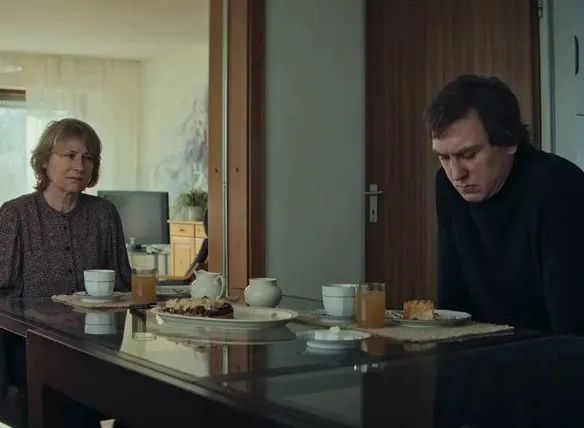
Matthias Glasner, who has been shortlisted for the Berlin Main Competition many times, has appeared more in the field of television and TV series in recent years. This year, he returned to the big screen and won the Silver Bear Award for Best Screenplay at the Berlin Film Festival with "Death Movement". This comeback work is more sophisticated and frank, showing the ambition to get closer to Bergman and the impressive ability to plan and arrange the plot. Just like "Fanny and Alexander" mentioned repeatedly in the film, the director regards the creation of this work as a way to get closer to himself. He presents a family that is falling apart and can never be healed, its chaos, failure and hopelessness. The film does not bring any hope, but it can magically raise a certain relief after the shock and offense. As the composer in the film said, "The hope is that we are playing hopelessness." The three-hour movie watching is like a painful healing. You and I are already a different person when you walk out of the theater.
The Survival of Kindness (2022, Rolf de Heer)
Highlights:
The most despairing thing is not the collapse of the future, but the current story that has already happened

A black woman was abandoned in a desert iron cage by her white kidnappers. She was unwilling to wait for death in rags. After successfully escaping from prison, she fled to the desert, forest and city, carefully avoiding the white persecutors wearing gas masks, and met brown companions who were also ethnic minorities. Love de Hill's latest film continues the racist themes of his previous works "Ten Canoes" and "Charlie's Country", combining the moral story in the lyrical fable with ethnographic naturalism to restore the dignity of the Australian Aboriginals and condemn the injustice of white colonial rule. Even more extreme is that although the film is connected to the very contemporary global plague setting, it abandons the conventions of disaster genre films and uses a dialogue-free dystopian vision to create a minimalist confusion and weirdness for the audience-who is kind? Did she really survive the end of the world? The film was shortlisted for the main competition unit of the 2023 Berlin Film Festival and won the FIPRESCI Award.
Argentina, 1985 (Argentina, 1985, 2022, Santiago Mitre)
Highlights:
It is not only a retelling of history, but also demonstrates the significance of democratic trials.
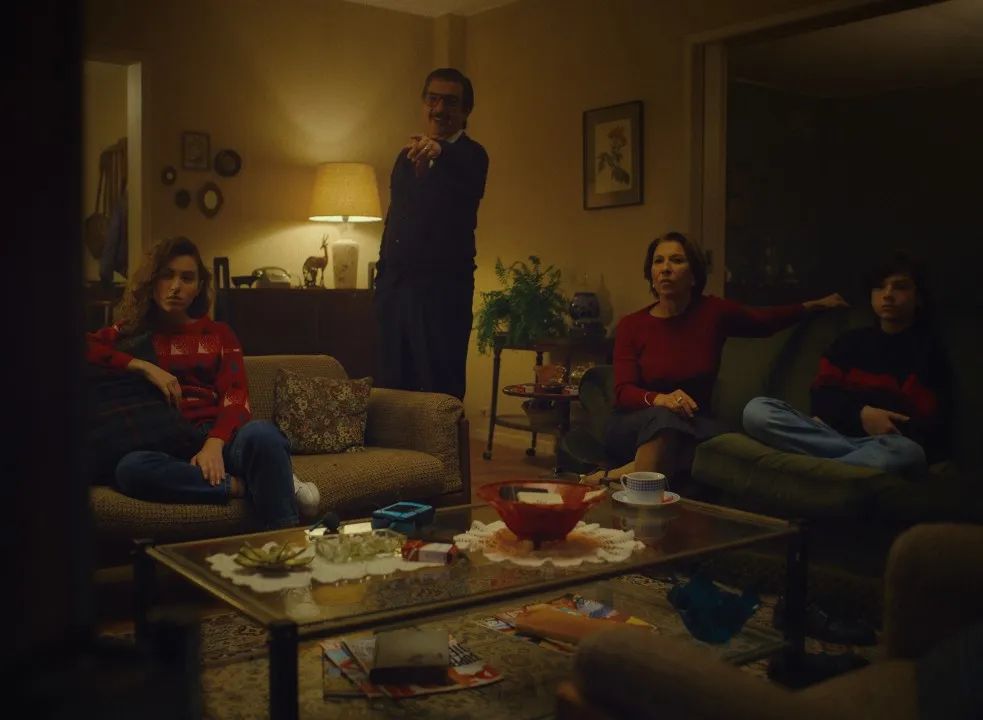
"Argentina, 1985" is adapted from the court legend of the first civil justice system to convict a military dictator in history. In the 1980s, Argentina ended its seven-year military dictatorship and established a democratic system in 1983. The new government, which is still gaining its foothold, faced the kidnapping and persecution of more than 30,000 civilians by the military government during the dirty war, and decided to launch a liquidation against nine former military leaders and conduct a century-long trial. In order to restore, the film was shot in the court of Buenos Aires that year. In order to focus the visual narrative on the testimony of witnesses, director Santiago Mitre chose to use a large 3:2 frame to directly present the close-up of the character's face, rather than the telephoto lens of the back of the head commonly used in court dramas, just to intuitively create an immersive sense that the audience is also witnessing the democratic process. This film is the best-selling local film in Argentina in 2022. It won the 2023 Golden Globe Award for Best Non-English Film and was nominated for the Oscar for Best International Film. It was also shortlisted for the main competition unit of the 2022 Venice Film Festival and won the FIPRESCI Award.
Lhamo and Skalbe (2019, Songtaijia)
Highlights:
A realistic work depicting the emotional life of Tibetan youth
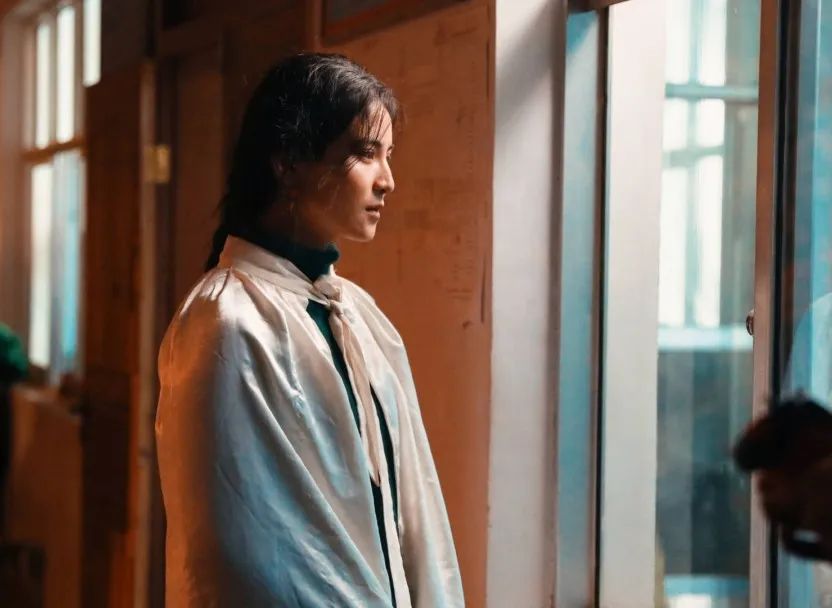
When Lhamo and Gabe are about to get married, they discover that Gabe has a hidden marriage history. Their love has been greatly disturbed. The life and emotional problems they face make them deeply doubtful and worried about the future of their marriage. This is a realistic work by the famous Tibetan director Song Taijia that reflects the emotional life of contemporary Tibetan youth. The director does not overly rely on ethnic elements, but portrays the psychology of the characters with a solid and steady approach. Under the delicate and gentle surface, there are waves of throbbing emotions and full of kindness and consideration. This film was shortlisted for the main competition unit of the 67th San Sebastian International Film Festival.
Tickets for this year's film festival will go on sale on the Tao Piaopiao platform at 12 noon on June 7.
Note: If the film list changes, please refer to the actual schedule.
